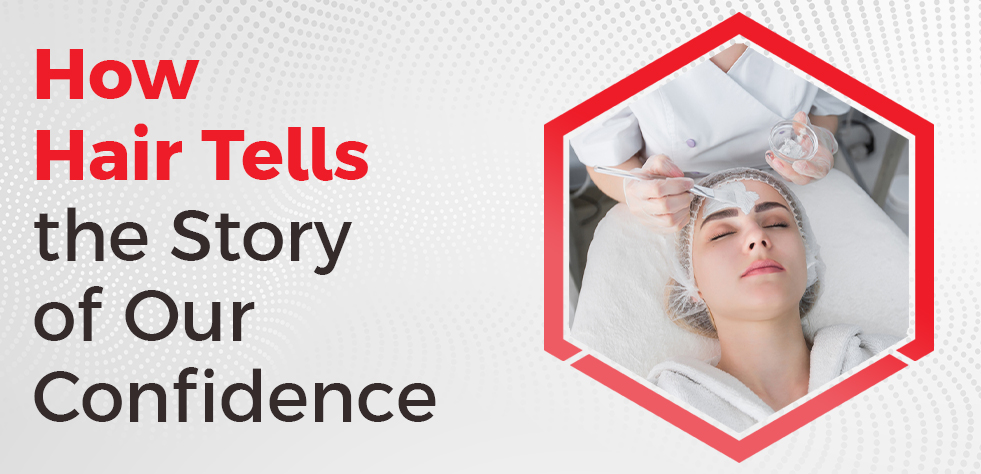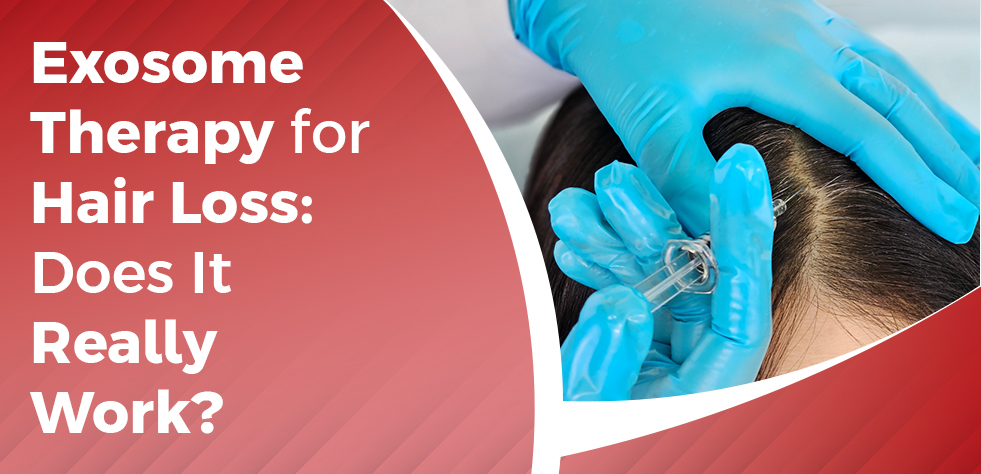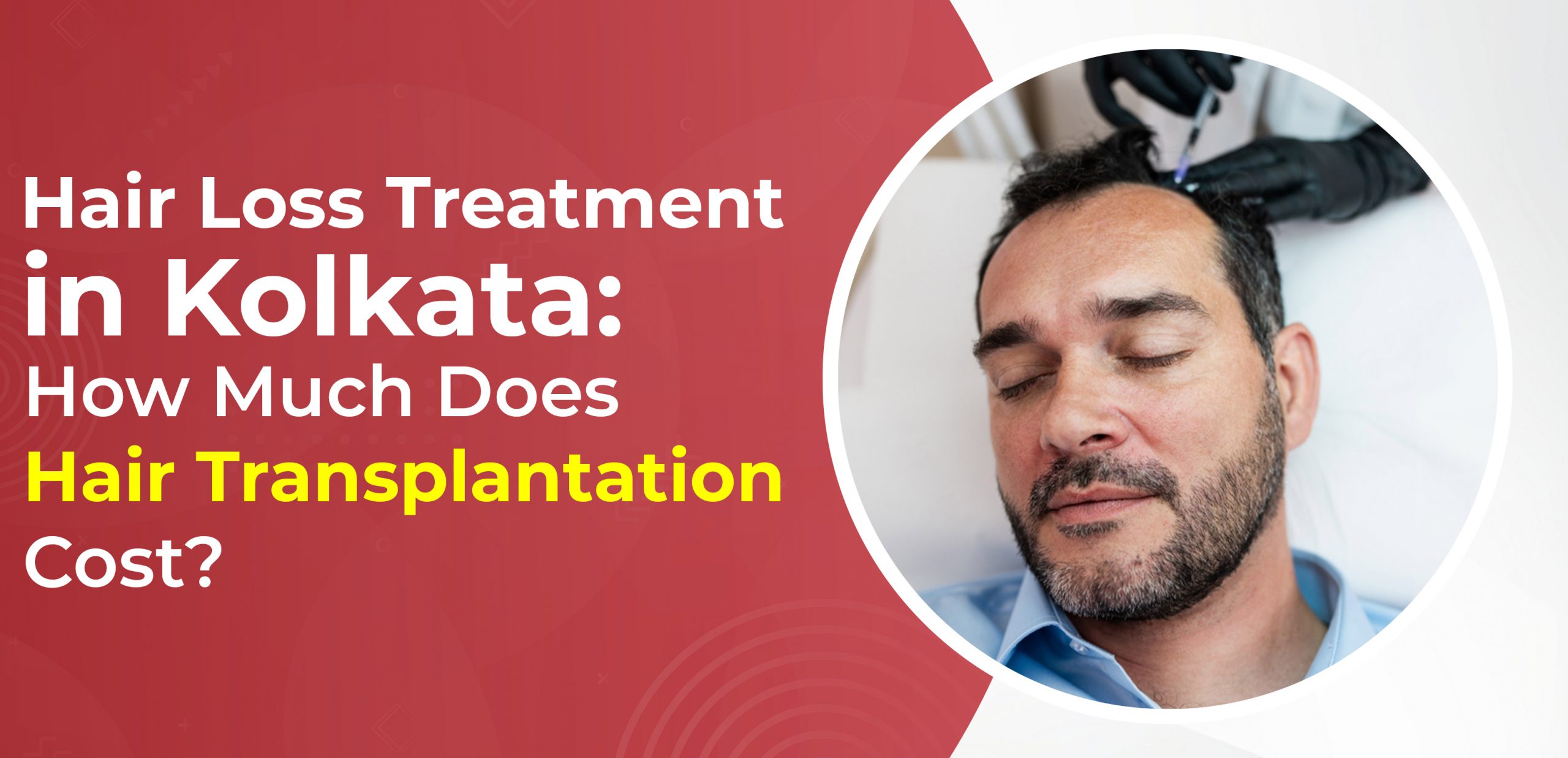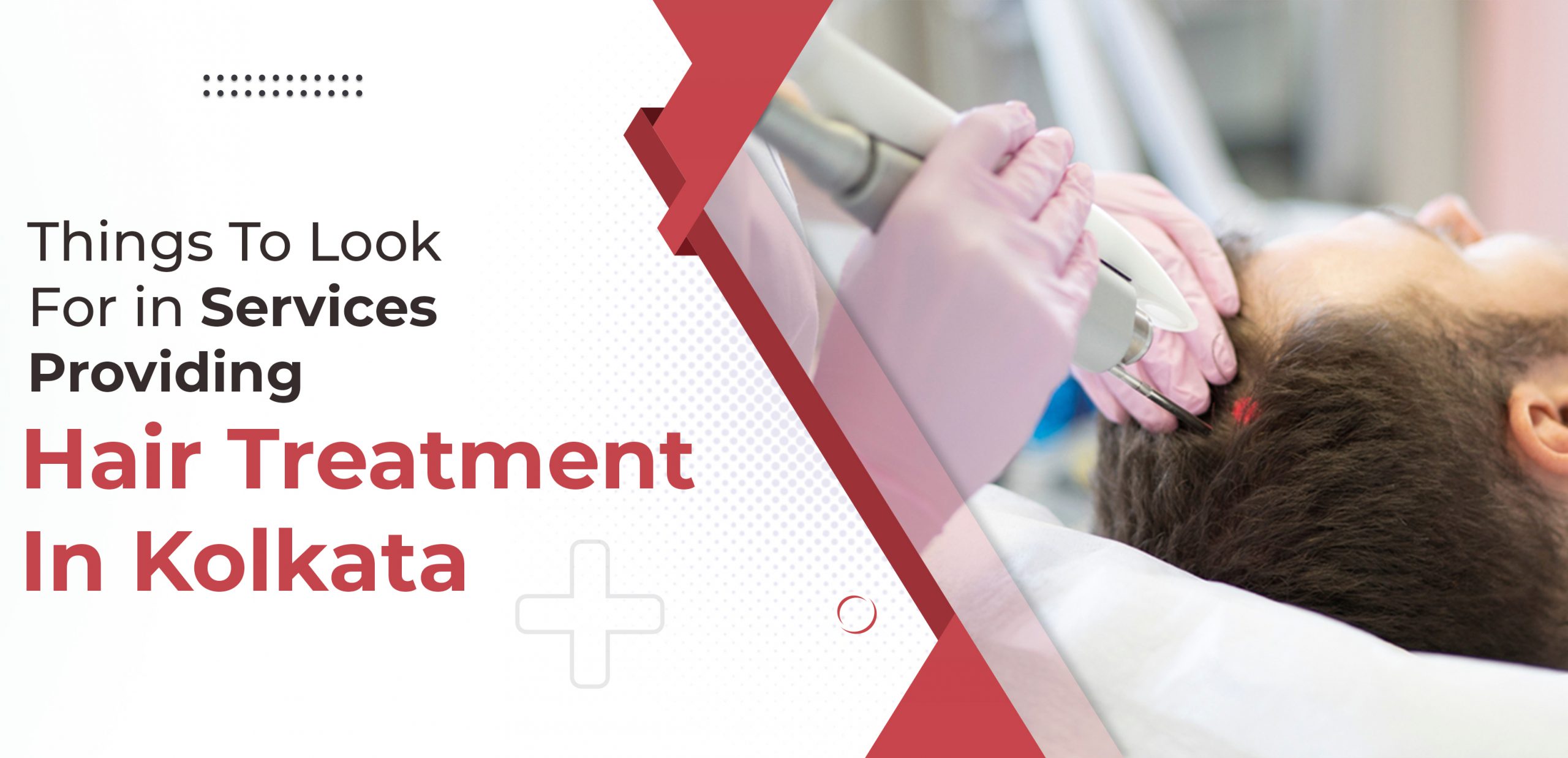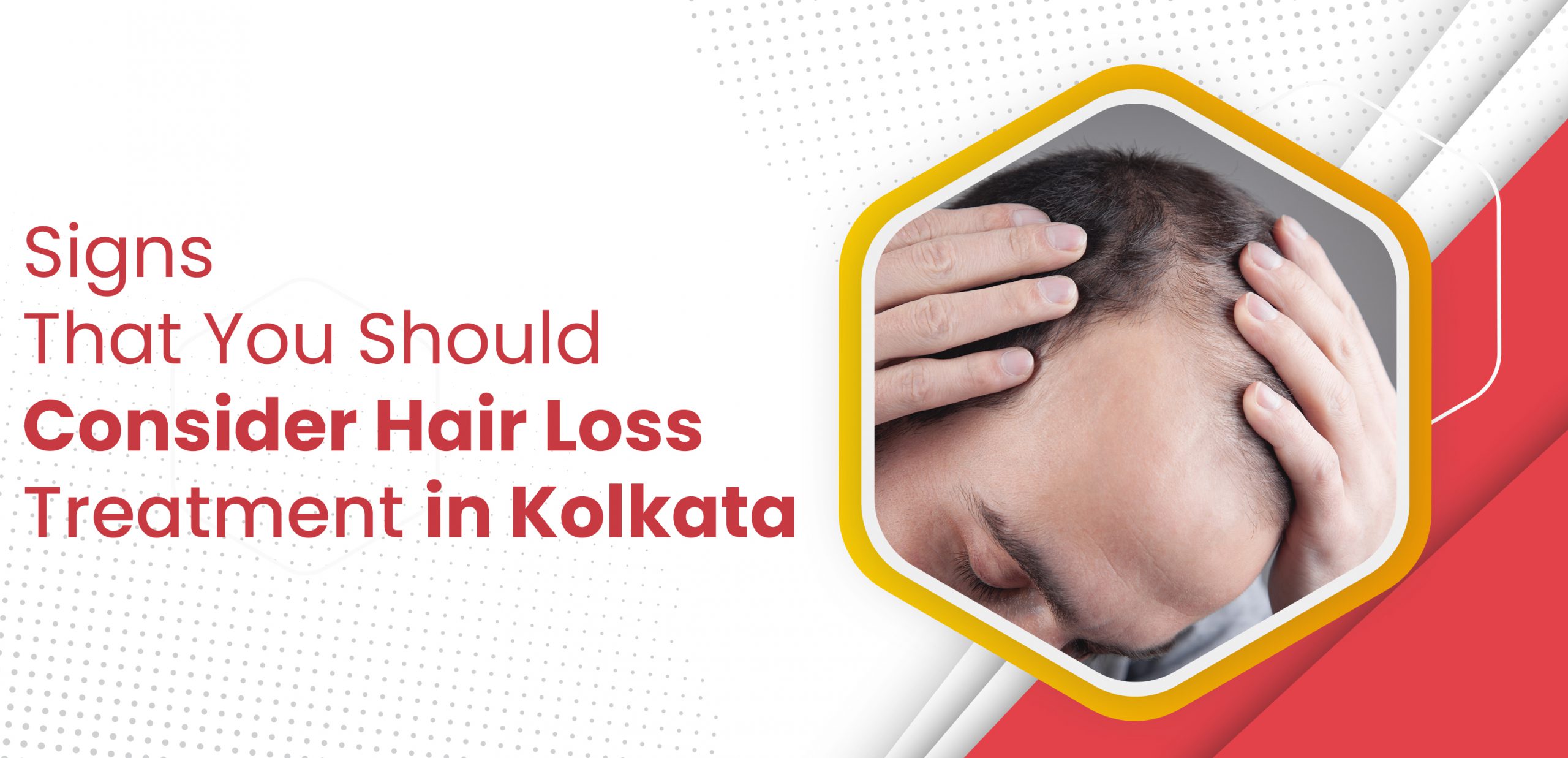It always begins with a look – fleeting or lingering. We stop in front of the mirror while rushing through our morning or getting ready for a night out. It’s not vanity: It’s something deeper. The way our hair appears to other people can have a mystifying influence over how we feel. A good hair day? We take on the world. A bad one? We avoid photos, socializing, even our own reflection and the dread of the proverbial unmasked reflective moments.
But here’s the thing – our hair is something that’s deeply personal, emotional, and, in some cases, transformative.
Hair as a Silent Communicator
Think about it. Your hair is one of the first things people notice. It forms around your face, contributes to your character, whispers something about how you are doing – both mentally and physically. It’s why people cut it after a breakup, color it after big life changes, or grow it out to commemorate personal transformation.
But when hair starts to fall out or thin, unplanned and unexplained, it can be like losing part of oneself. And it’s not just about being beautiful; it’s about identity, command and confidence.
The Quiet Toll of Chronic Pain
Kolkata, like any other bustling metro, is fast – faster than ever. We lead lives of pressing deadlines, disrupted sleep patterns, environmental stress and diets that leave something to be desired. We work hard, but we fail to listen or take notice of the soft signs our body sends.
Hair loss is one of those more subtle signs.
Genetics and hormones are the usual culprits of hair fall, now an issue among young professionals, students and even teenagers due to stress, pollution, and lifestyle. And more often than not we’re not aware of it until our hair loss is noticeable enough to impact our daily confidence level.
Now this, this is where hair treatment in Kolkata becomes more than a beauty decision – it is a token of care of self.
Why We Wait and Why We Shouldn’t
Many people put off seeking help for hair loss. “Maybe it’s temporary.” “Perhaps the new shampoo will make a difference. “Whenever the next deadline is, I’ll handle that next.”
Sound familiar?
The reality is that early intervention is critical. Whether you’re dealing with a vitamin deficiency, hormonal imbalance or scalp infection – the earlier the cause is pinpointed, the more options and better results you’ll have. From cutting-edge trichology assessments to preventative treatments, today’s techniques are painless, effective and in many cases life-altering.
Confidence Isn’t Bottled – But Sometimes It Begins There
This confidence is not something cream, or capsule, or shampoo can “give” you. But confidence does flower when you feel good in your skin – and in your scalp.
It’s no longer 50 years ago, when hair treatments were about surface cures. Whether you’re trying out one of those restorative scalp routines or you’ve been thinking more about what a permanent fix would involve, say, a hair transplant in Kolkata, this isn’t about chasing perfection. It’s about finding a you that feels comfortable, powerful and bold.
And this is not only about those experiencing visible hair loss. Preventive care is now a big topic in the haircare conversation. It’s like skin care for your scalp – a boost to help keep things healthy before problems arise.
Changing the Hair Loss Story
And now let’s talk social stigma. For far too long, hair loss has been swept under the rug as a “men’s problem,” an “age thing,” or even been written off as vanity. But the truth? Women are just as much, if not more, affected by it, albeit quietly. Teens battle it. And postpartum moms deal with it. People who are ill are up against it.
And they all deserve to be listened to, observed and provided with empathetic, science-based responses.
The good news? Awareness is growing. From social media to support groups, increasing numbers are speaking out, sharing stories and putting their moments of hair-back-at-all-costs behind them.
The Job of Science, and the Alchemy of Personalization
Gone are the days of trial and error with hair care. New treatments are becoming more targeted with the aid of dermatology and diagnostics. From PRP therapy, to mesotherapy and laser treatments to remedies made from natural sources, the options are endless – but the magic is in the fit.
This is where personalized consultations come in. Not everything works for everyone – and a one-size-fits-all approach is often what causes people to lose faith in treatments. Your scalp has that finger print that your make-up artist feeds off, and your treatment should be special to reflect that.
If you are considering hair loss treatment in Kolkata, look for clinics that lay emphasis on customization and diagnostics. It’s that first conversation that can often determine for better or worse the trajectory not just of recovery but of reinvention.
A Hair Journey That’s a Healing One Too
What if we viewed hair care, not as a vanity, but through the prism of healing? Imagine if we were to afford it the same respect with which we treat matters of fitness, or mental health?
Plus, your hair is one of the only things you wear with you every day – through victories, and losses, parties and slow days. And caring for it is showing respect for yourself. And regaining it? That’s power.
If you’re in Kolkata and really are looking for a change, be it small or drastic, you’re in the right place as there are some tried and tested people you can always count on for modern, medically safe solutions. Another, Dr Paul’s, has gained the trust among others from the city for offering customized advanced hair and skin solutions for both hair and skin. With their years of experience and advanced hair procedures, they have help thousands reclaim their hair stories – one strand at a time.
So, the next time you stand in front of the mirror, just remind yourself that your hair tells a story. Just be proud of the one you’ve got.
